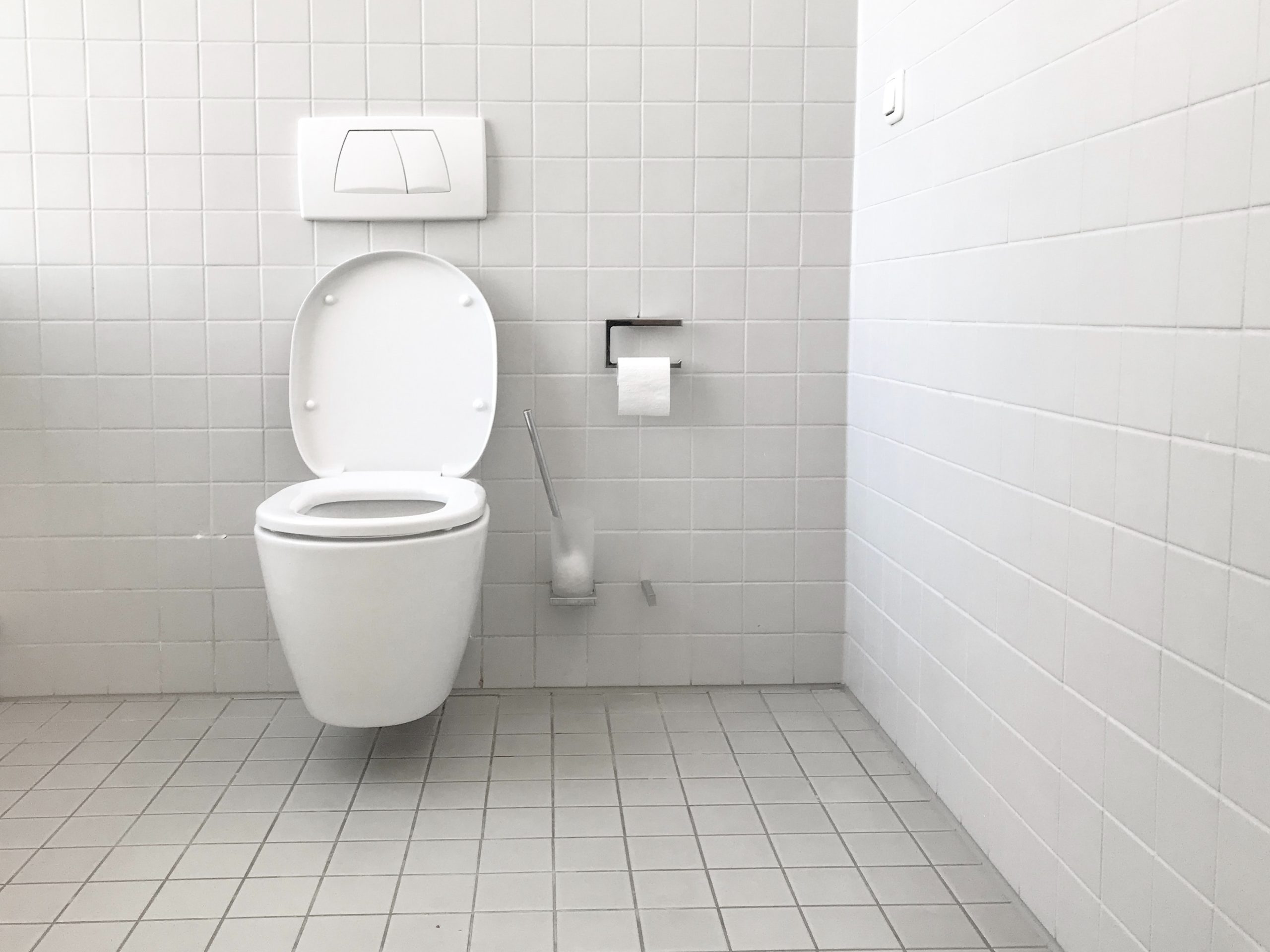The Region of Durham’s Works Department is urging residents to only flush the three Ps—poo, pee, and toilet paper.
“We are noticing an increase in blockages in our sewage system caused by people flushing disposable wipes down the toilet,” said John Presta, director of environmental services at the Region of Durham. “We understand that many residents want to sanitize their homes and you may need to use toilet paper alternatives at this time, but please do not flush them.”
“These items could end up flooding your basement with raw sewage, damaging our equipment and causing costly repairs,” Presta added. “We urge you to think before you flush and only flush the three P’s: poo, pee and toilet paper.”
Durham’s municipal sewer systems are built to handle human waste and toilet paper, which is specifically designed to deteriorate quickly—unlike wipes. Anything else being put down the toilet or sink causes problems that leads to clogs, blockages, damaged wastewater equipment, and sewage back-ups flooding basements.
“Flushable” wipes
With the ongoing COVID-19 pandemic, residents may be increasingly using disposable sanitizing wipes to disinfect or toilet paper alternatives.
Unfortunately, some people are flushing these items in their toilet and this has already caused significant and costly blockages in Durham Region’s sanitary sewer system. It is important to note that these conditions can lead to raw sewage back-ups into the basement of peoples’ homes.
Residents should also be aware that while some items are marketed as “flushable” in stores, such as so-called “flushable” wipes are not flushable in Durham’s sanitary sewer system. All wipes should be disposed of in the garbage can, not in the toilet.
Fats, oils, and grease
When fats, oils, and grease are poured down the sink, they congeal and line the sewer walls. Non-flushable items such as disposable wipes, paper towels, and other hygiene products such as tampons collect together with the grease to form clogs.
This can cause a block in your toilet, your home sewer line, or form larger “fatbergs” which constrict the sewers of entire neighbourhoods. These clogs can also result in overflows of raw sewage into local rivers and lakes.
Raw sewage can back-up into your home and your neighbours’ homes which will likely require you to evacuate your house for professional cleaning.









